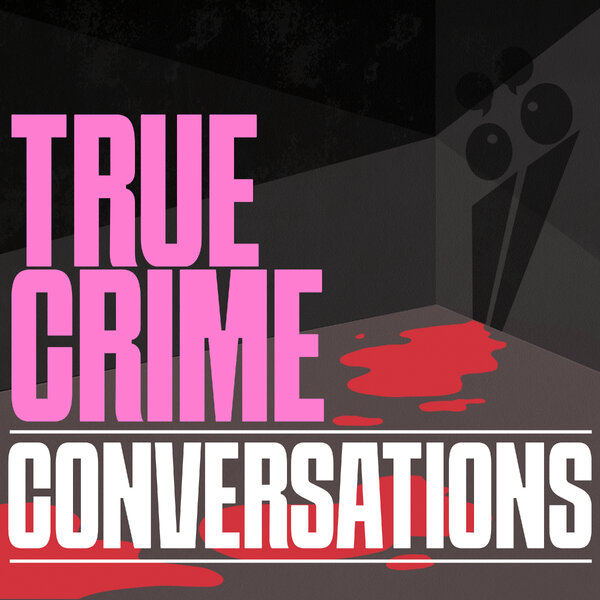This week, it was reported that a New South Wales judge had dismissed charges against two boys accused of sexually assaulting a young girl in a toilet block of a school in 2016. Like that little girl, the formerly accused were children, too. They were still in primary school when the investigation began.
According to media reports, while throwing out the charges, the magistrate cited a High Court decision called RP vs The Queen, in which an 11-year-old boy avoided conviction for raping his younger brother. In that case, the child walked free because the prosecution failed to prove that the child understood his actions were “seriously wrong by normal adult standards”.
That concept is called Doli incapax, and it underpins how Australian law treats children under the age of 14.
Why 14?
In all Australian states, legislation prevents children under the age of 14 from being held legally responsible for their crimes. As Thomas Crofts, Professor of Criminal Law at University of Sydney explained, this principle is based on an understanding that “children need sheltering from the criminal law consequences of their behaviour until they are developed enough to understand whether their behaviour is wrong”.
Before the age of 10, a child cannot even be charged – no matter the seriousness of the crime. Between then and 14, however, that changes.
If the alleged offence is committed in that small age bracket, the presumption that the child is criminally incapable (Doli incapax) can be rebutted. This means that the child can be convicted if prosecutors are able to prove that he or she understood that the act was ‘seriously wrong’.
As the Australian Law Reform Commission has noted, Doli incapax acknowledges the developing capacities of young people and allows for “a gradual transition to full criminal responsibility”.





























































































